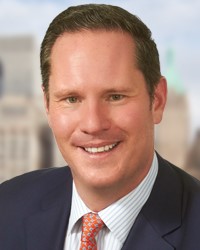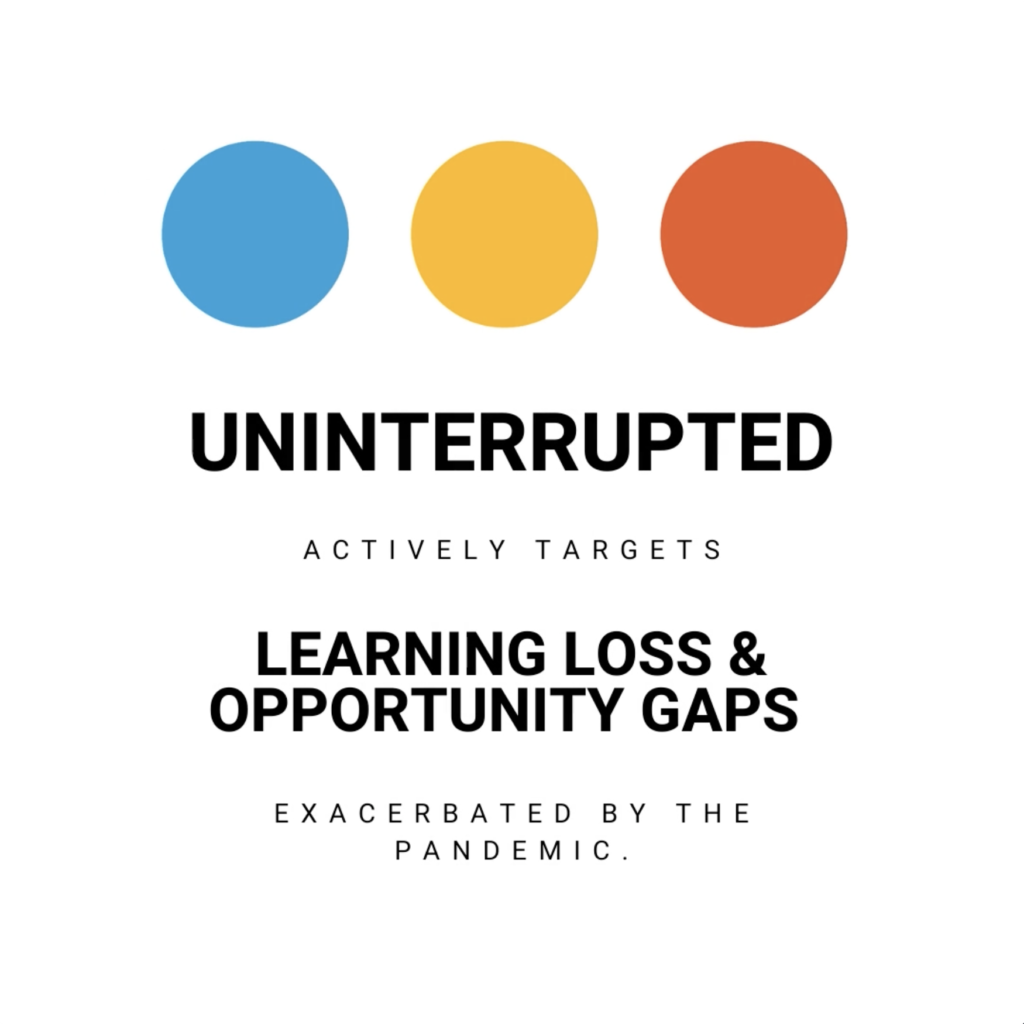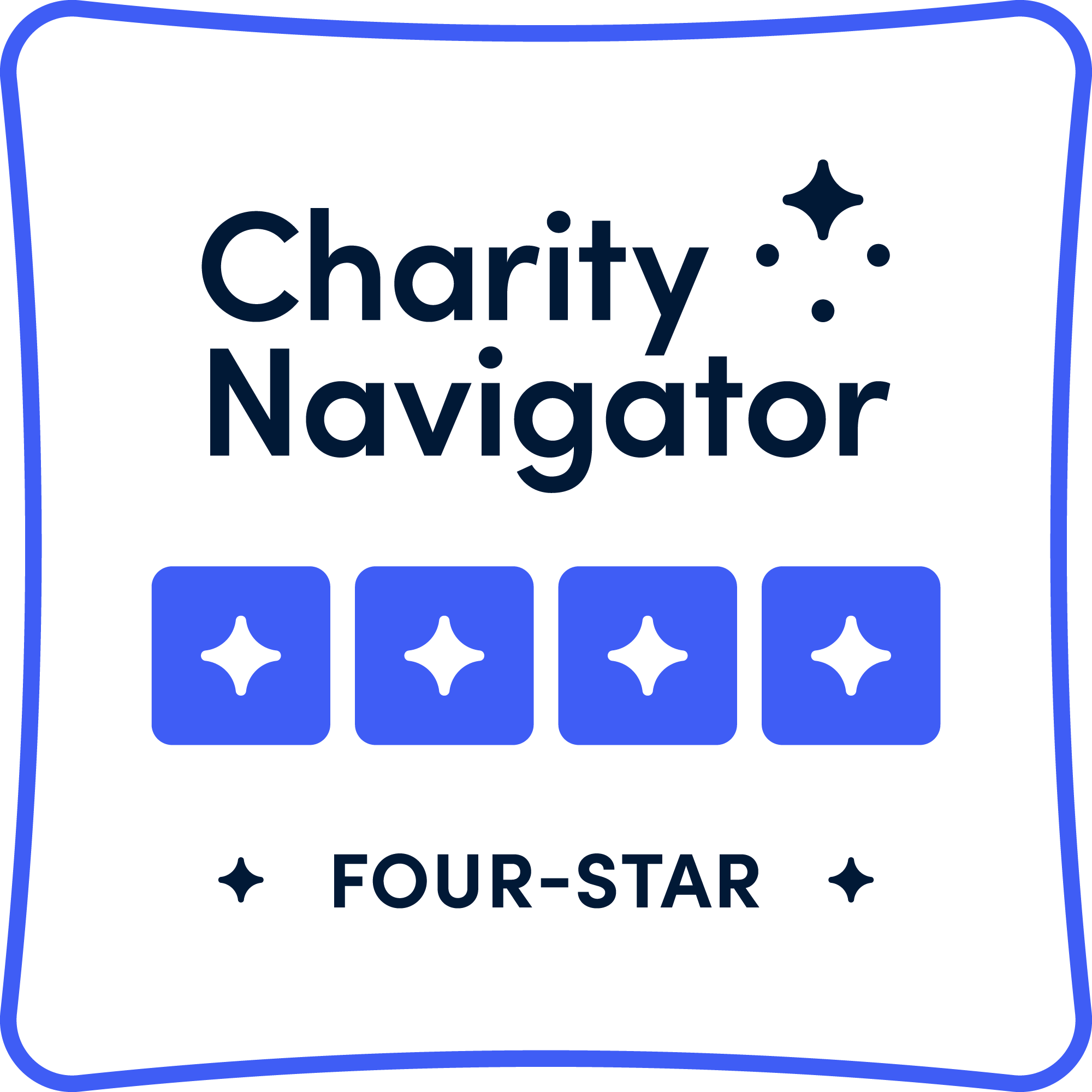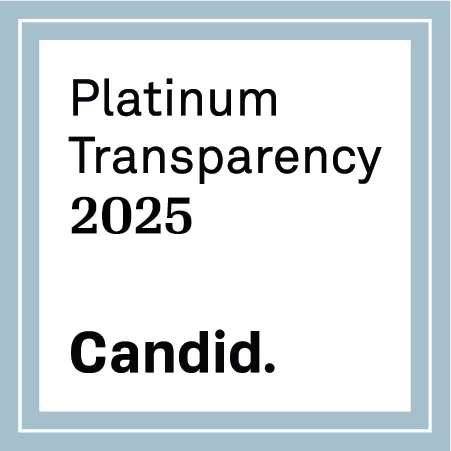Sunny Hostin: I hope so! My intent is for it to be inspiring, to show young people to know that they, too, can achieve their dreams, no matter the obstacles they may face.
Pliska: In one example early on, you took a colleague’s suggestion to use ‘Sunny’ professionally, instead of your given name, Asunción, because they said it would be easier for audiences to say it and to connect with you. It didn’t occur to you then that it would be a decision you’d regret.
Hostin: That decision tortured me for some time. I never should have changed my name. You shouldn’t have to change your identity, your authenticity, to fit a ‘whiter’ identity. It’s a disservice―not just to yourself, but to the industry you enter, and to our country. I don’t think young people of color should make the choice I made. In fact, when people call my teenage daughter, Paloma―whose name we chose very intentionally because of her heritage―“Lolo” or “Loma,” she corrects them. She holds people to it. I wish I’d done that.
Pliska: You write about colleagues who overlooked either your Black or your Puerto Rican identity, because you never seemed to them ‘enough’ of either. There’s a passage where you consciously made a decision to emulate Soledad O’Brien, whose mother was Afro-Cuban and whose father was Australian of Irish descent. Do you think she’ll be surprised?
Hostin: We’re dear friends. I told her about that passage over lunch, in advance of the book coming out, and she cracked up. She was surprised, because she didn’t realize how helpful she had been to me in that job, when I really needed it, when I was floundering to find my path. She said she saw me as a really intense badass, but I didn’t feel like that at all. We were both at CNN when we were being who we were told to be and not ourselves―‘look into the camera and just the facts, ma’am’ kind of journalism. But journalists of color bring to the table a certain perspective, and it should not be ignored.
Pliska: Yours is also a story about finding purpose. Even though your career has been so untraditional, from lawyer to broadcast journalist to talk show host, there’s a common thread of purpose throughout. How can young people find and pursue their purpose in a career?
Hostin: We need to give ourselves the permission to listen to ourselves. There’s this feeling inside that we all have when we know what our purpose is, but we don’t listen to it. We don’t trust ourselves. There are always going to be people who don’t understand your dream, because the dream was not meant for them. The dream was meant for you. Only you need to understand it. To trust in it. We can embrace the fact that people won’t understand.
Pliska: A powerful moment in the book when you trusted your gut about purpose was when you were taken off the Trayvon Martin trial at CNN. Producers said you were too close to it, when in reality, you knew it was your perspectives and your lived experience that made the coverage good. So you just flat-out refused to leave.
Hostin: It was hard to do. I knew it was risky. And I did it anyway, because I knew I was doing the right thing. It was so important to be there, to use my voice to represent what was right. Everyone else was getting it wrong. I knew I was the best person to do it and yet I was the person being sidelined. I thought to myself, ‘That can’t happen. I just can’t let it happen.” So I stayed in Sanford, Florida, and in that courtroom. I had to borrow a courtroom press pass from friends at another network, because mine was given to the new reporter. I made that decision at great professional risk, but it was worth it. Any professional milestone usually happens when taking a risk.
Pliska: Why do you think CNN didn’t fire you?
Hostin: Because my coverage ended up being so good.
Pliska: Moving forward to today, The View is now more explicitly addressing racism. How do you do a show every day that forces you to confront people or ideas that you disagree with, when they’re topics that can’t be compartmentalized as political, because they’re fundamentally about humanity?
Hostin: It’s extremely challenging, every day, in front of three million people, to discuss things we’re told we shouldn’t talk about. I feel a particular duty to get it right, because there are so few people in my position who look like me. I get so many emails, tweets and handwritten letters from people of all ages, saying, “Thank you for your voice. You speak for me.” When you have that duty and honor, it’s humbling and it’s also a burden. I’m also forever conscious that I run the risk of the racial trope of being the angry black woman. I’m quite careful about that. So I internalize all of this. As I write in the book, I was diagnosed in my late 40s with diverticulitis. My doctor said he sees it in 70-year-olds, that younger people only get it when they’re in extremely stressful positions. We know studies show that people of color suffer from undiagnosed PTSD, so it’s something to be cautious about.
Pliska: Your book is being released in both English and Spanish at the same time.
Hostin: Yes. It was at the suggestion of Justice Sonia Sotomayor that it be in Spanish from day one. She’s an idol for me, another Puerto Rican woman from the South Bronx, and a lawyer. When I told her I was writing my memoir, she stopped me and said, in Spanish, that it had to be in Spanish, as well as English. She had done that with her own books, because she felt it was important to let Spanish speakers know that bilingualism is something to be proud of, that Spanish as a first language is something to be extremely proud of. I loved that. (And when a Justice of the Supreme Court tells you to do something, you do it.)
Pliska: This conversation we’re having today happens to be in the same week Kamala Harris was announced as Joe Biden’s vice-presidential pick. Your thoughts on the Biden-Harris ticket?
Hostin: I co-wrote a Washington Post op-ed this summer with a group of Black women activists and celebrities about the need for a Black woman Vice President and a Black agenda. I got significant hate mail in response from people who asked, “How dare you demand that he pick a Black woman?” My response is that Black women have always been the bedrock of the Democratic party. We’re its most loyal voting bloc. Other voting blocs or lobbies make demands of candidates all the time, based on their agendas. Why can’t Black women ask for representation at the very highest levels of government? It’s our time. We deserve that representation. We’ve earned it.
Pliska: And when you learned she was chosen? Can you describe the moment?
Hostin: I cried. I was on the phone right away with some of the women I’d written the op-ed with, saying, “We did it. We really did it.” I was ugly-cry sobbing in my kitchen. My daughter walked in, asked what was wrong and when I told her who was chosen, she said, “Whaaaat?! She was?!” And she put on “All I Do is Win” by DJ Khaled and started dancing on the kitchen countertop. I’m crying, and she’s dancing.





